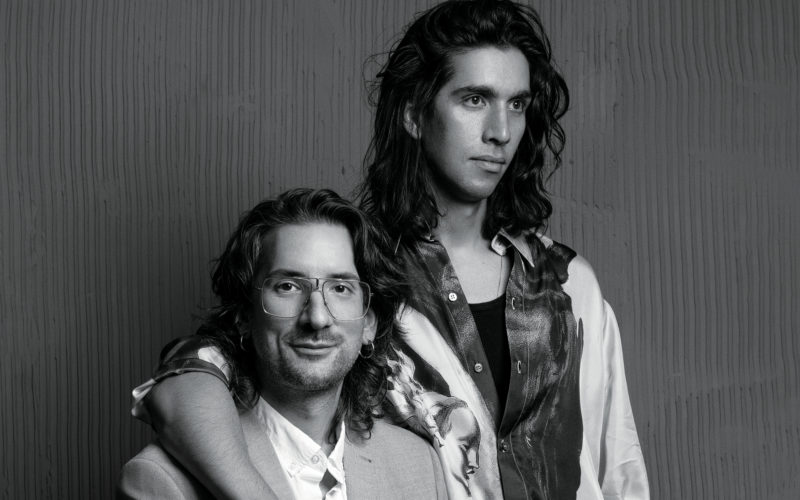Sadly, many stigmas exist around mental health in America today, and the unfortunate consequence is that many people suffer in silence for far too long. People rarely feel embarrassed about having a physical problem, but many people feel ashamed when they feel they have a mental health issue. Most people don’t realize that mental health is just as important as physical health. It wouldn’t be an exaggeration to say that having good physical health is impossible without having a healthy mind.
Mental health practitioners are advocating for treating mental health as an integral part of their lives. One such professional is Babita Spinelli, the CEO of Babita Spinelli Group and Opening the Doors Psychotherapy. Babita believes that stigmas are created and spread by family, friends, coworkers, and American society as a whole. Babita has observed mental health stigmas in many forms, of which the most common ones in America are:
- Public Stigmas:
These refer to stigmas where people make assumptions and have preconceived notions about others with mental health issues.
- Self-Stigmas:
Self-stigma is another common type, where people think the worse about themselves based on societal messages. Babita comes across self-stigmas regularly in her clinical practices, and she believes that these stigmas significantly worsen clients’ prognoses.
- Institutional Stigmas:
Institutional stigmas are where policies and procedures disproportionately affect individuals with mental health conditions.
- Association Stigmas:
Association stigma refers to having a relative with a mental illness. It refers to how people are stigmatized by virtue of their association with stigmatized individuals.
Babita describes that cultural attitudes also exist around mental health issues and can often impact people of particular cultures and communities from seeking the help they need. Babita states:
“Unfortunately, stigmas are common in society and often established over many years and many sources of influence. I find that often times stereotypes are at the root of mental health stigmas. Stereotyping is a toxic force and based on faulty information.”
Babita believes that by being open and vulnerable about our own struggles, we can normalize our mental health struggles and the importance of taking care of our mental health. Sharing our stories without shame and sharing our therapeutic journey is one of the best ways to destigmatize mental health. She says:
“The more we can continue to normalize taking care of our mental health, the more we can change the face of it. The more we talk about it, the fewer fears there are about it.”

She emphasizes the fact that none of us are immune to mental health problems. At one point or another, we all struggle with transition, loss, fears, self-esteem issues, career challenges, family issues, relationship issues, and overall well-being issues. We all experience anxiety, sadness, anger, and loneliness at some level. Life is full of ups and downs, stressors, and boomerangs. That’s why it is so huge to remove labels and prejudices about mental health issues and create a world where people seek support and feel comfortable doing so. Here are some ways in which Babita states we can destigmatize mental health:
- Talk openly about mental health.
- Show compassion for those with a mental illness
- Show compassion to yourself
- Seek help and encourage others to do the same
- Feel empowered that you and others are seeking support rather than choosing shame or failure
- Recognize and encourage that mental health is just as important as physical health.
- Normalize therapy as part of the fabric of life and not as an anomaly.
We Are Collectively Responsible
Babita believes that we are all, at some level, responsible for the existence of mental health stigmas. She sees this as a collective phenomenon that consists of several factors. Stigmas have been established over many years, and many sources contribute to their emergence and spread. She believes that it is the lack of awareness, education, perception, and fear that can lead to increased stigmas around mental health and mental illness. She believes it is our collective responsibility to destigmatize mental health as much as possible. Babita fervently believes that the more we help each other, the more we unite to end mental health stigmas; the more we can positively impact mental health and make the world a healthier place.
In her work, Babita cares deeply about destigmatizing mental health, and through her speaking engagements, podcast interviews, workplace mental health consulting, and workshops on trending mental health topics, she continues to educate and spread awareness. She is in the process of creating a podcast along with a colleague to continue to speak about meaningful life topics as part of her continued mission to destigmatize mental health.
Babita maintains her psychotherapy practice at Opening the Doors Psychotherapy, where she helps individuals, couples, and families. Babita Spinelli advocates for mental health across many well-known media outlets, including Newsweek, SXSW, Forbes, ABC, NBC, CNN, Insider, Medium, MSN, HuffPost, Washington Post, Mind Body Green, and Bloomberg.
As a final note, Babita shares:
“I passionately believe that the more we help each other, the more we create unity and connection and end the separation and labels that have been prominent for so long. It is my sincere hope that we bring mental health into the light where it can take its rightful place alongside other forms of healthcare.”


















:quality(85):upscale()/2023/09/13/661/n/1922564/e914a1066501cc897903d6.08615338_.png)









